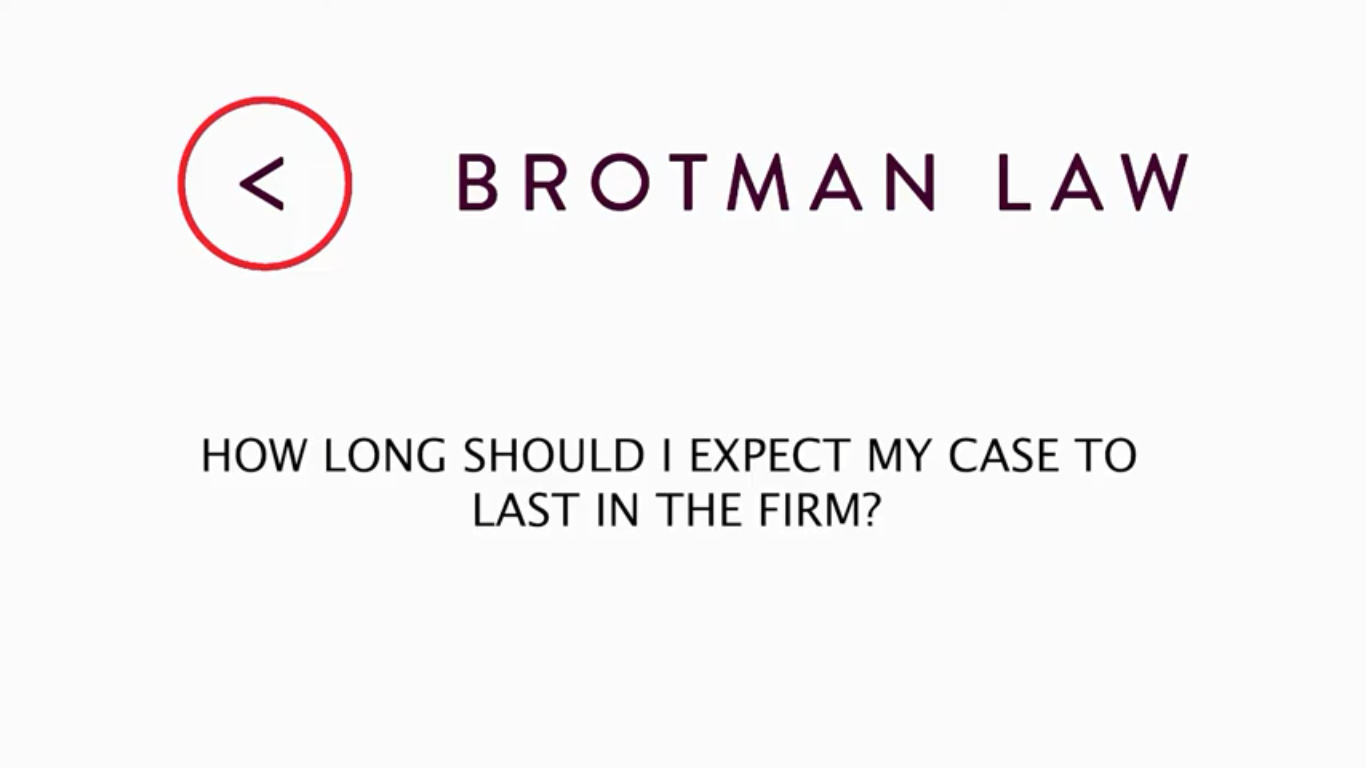So let me give you a very rough estimate. Most cases in the firm average about six months. We have some that are longer and we have some that are much shorter. Longer or shorter depends on who, what type of case it is, who’s gonna be dealing with us on that case and the level of complexity on that case. So what I commonly say is the cost and time dedicated to matters is driven by decisions to the extent we’re able to make clear and quick decisions that move matters along. It’s based on documents, so how much paper is involved? How much we need to go through, how much we need to submit, so on and so forth. And it’s based on bureaucracy. How much hassle and headache are we getting from the government in dealing with your matter? When we have a live person and that person is competent, things move very quickly. When we’re dealing with IRS never-never-land, it gets a little bit more complicated. We try not to build for inefficiency but when dealing with the government there’s always a certain amount of inefficiency baked into the process. When you submit a document sometimes they sit on it for a few months and you don’t get an immediate result. They’re not really a snap your fingers type of organization. With that said, with tax matters, because we’re controlling the scope of the information and we’re controlling a lot of the movement on the case and we can put the ball back in their court, our matters generally move pretty quickly. So six months is a rough estimate, a year is a good track record for longer cases but that goes through peaks and valleys and obviously there’s a lot of variables that go into it.
